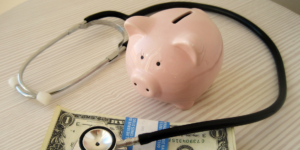
There is a growing interest in the application of economics to health care as it is recognized that health care is an economic good like any other: health care resources are limited and the potential use of those resources are unbounded. Choices must be made about what quantity and mix of health care to produce, how to produce it, who pays for it and how it is distributed. Japan’s healthcare system signifies a problem for the American system. This is because the system not only incorporates some of the American healthcare features, such as employment-based health insurance and free consumer choice of physician, it also allows a delivery system that leaves clinical decision making in the hands of the doctors. The two primary factors working in Japan’s favor are its healthy population — a girl born today is expected to live to 86, according to a paper in the Lancet series — and low per capita health care costs. It’s not difficult to find competent, affordable care for an average citizen when problems arise, a distinction that differs from many other first world countries. Japan also boasts excellent recovery rates from most major diseases and a low infant mortality rate — three per 1,000 live births — which is less than half than the United States’ live birth rate of 6.8 per 1,000. Another interesting part of the Japanese health care system is the impressive health status of its 122 million citizens. For example, the infant mortality rate is .5 percent of live births compared with the U.S. figure of 1%. This places Japan on the top rank among other developed nations.









